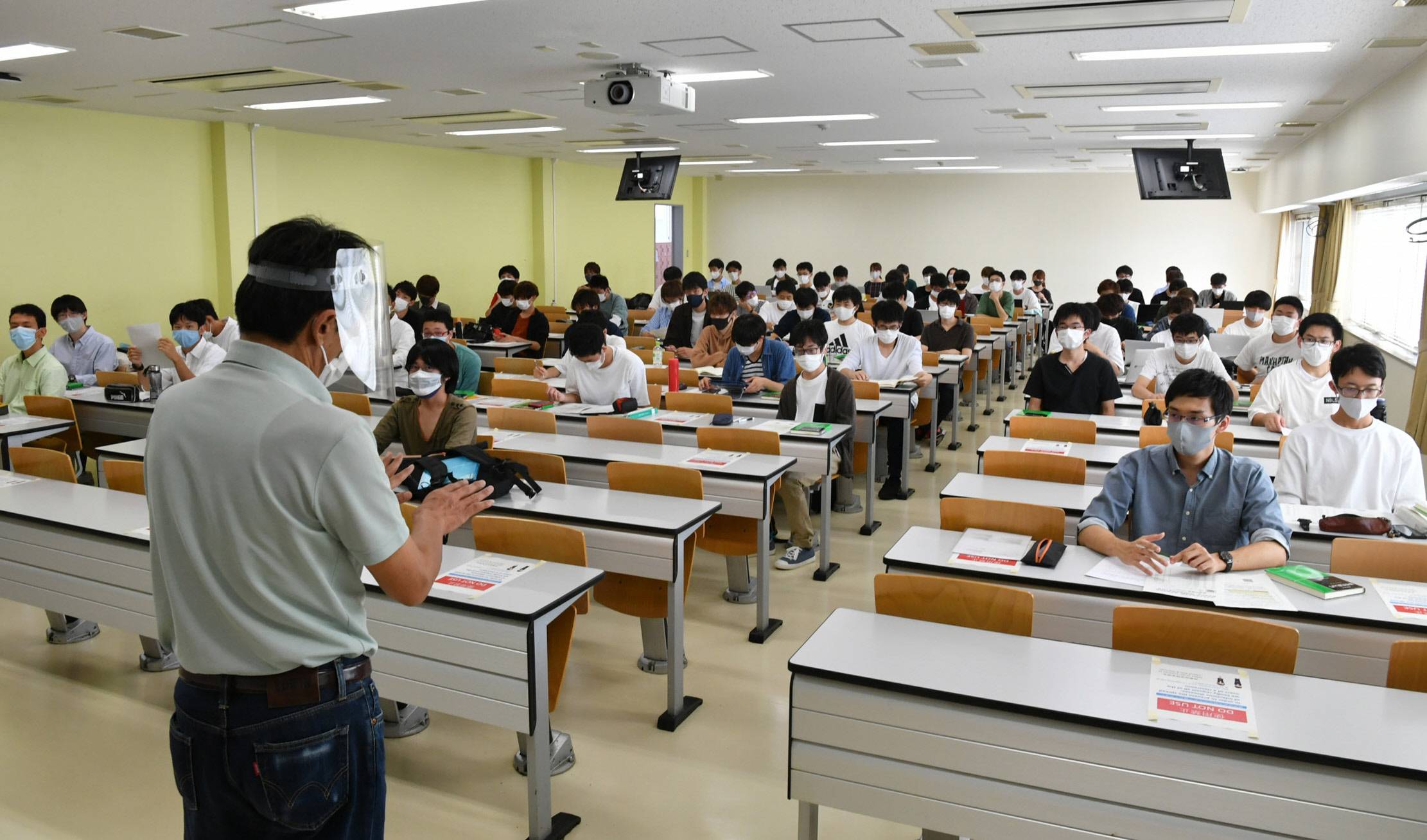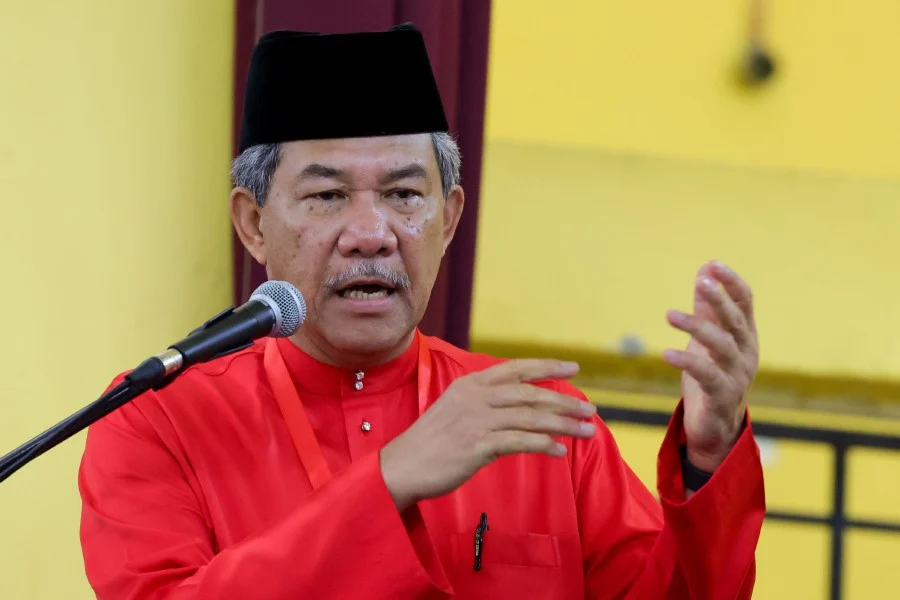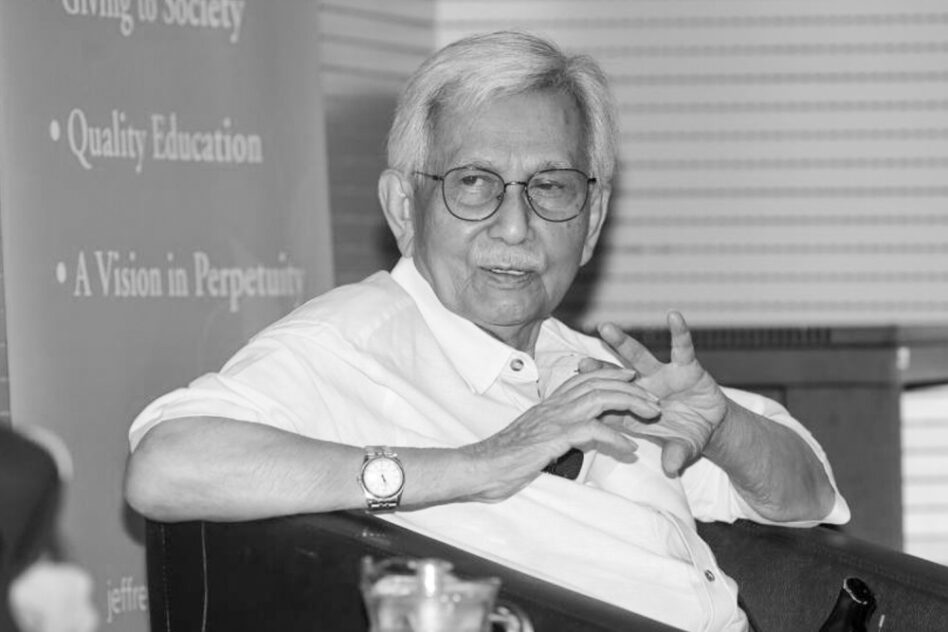AN opposition party’s call for a task force to be set up to study the prevalence of HIV among tertiary students has been criticised by a human rights activist as “extremist, alarmist and non-evidence or rights-based.”
Yesterday (Sept 16), family health practitioner Dr Sakinah Sulong was quoted by Sinar Harian as claiming that the majority of HIV patients who caught the disease through same-sex relationships were from tertiary education levels.
In response, Parti Bangsa Malaysia (PBM) Women’s chief Dr Daroyah Alwi today called on the Higher Education Ministry (MOHE) to set up a task force to study the matter and find out why tertiary students were engaged in same-sex relations.
Among others, she warned that if nothing was done to “stem the tide”, this “lifestyle that goes against our local values” will gain wider societal acceptance and “undermine” the country’s “social foundations”.
Activist Thilaga Sulathireh, however, said it was Malaysia’s sex-negative attitude, coupled with the conservatives’ push to silence discussion around sex or limit discussions to abstinence, that has resulted in adverse harm to people, including the rise in the prevalence of HIV among young people.
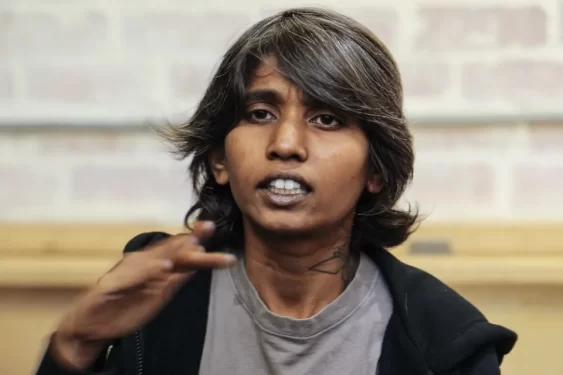
“The fact that Malaysia still does not have comprehensive sexuality education in schools is a problem,” the co-founder of transgender rights group Justice for Sisters told FocusM.
“Even during yesterday’s discussion, the panelists expressed resistance towards safer sex promotion,” she added.
Thilaga also pointed to a recent Centre of Excellence For Research in AIDS (CERiA) study that attributed low health-seeking behaviour and reluctance to see a doctor among queer Muslim men to criminalisation, pressure to change, fear of arrest and expression of identity, societal double discrimination and stigma.
She said it was clear that Malaysia’s current approach to HIV in relation to key affected populations, especially gay, bisexual, queer and other men-who-have-sex-with-men (MSM), was not effective.
“With the increase of criminalisation, deep-rooted religious stigma against lesbian, gay, bisexual, transgender and queer (LGBTQ) persons and promotion of conversion practices – which are all harmful and not evidence and rights-based – in the last five years, it is no surprise that we are seeing a rise in prevalence among queer men.”
“Lack of understanding on discrimination”
She also lambasted one of the panelists from yesterday’s discussion who suggested having a prejudicial campaign like “No to Homosexuality, which they justified by saying it “does not stigmatise people”.
“This again clearly illustrates a high level of discrimination against LGBTQ people and a lack of understanding of discrimination among not just the general public but medical professionals and academics as well,” Thilaga said.
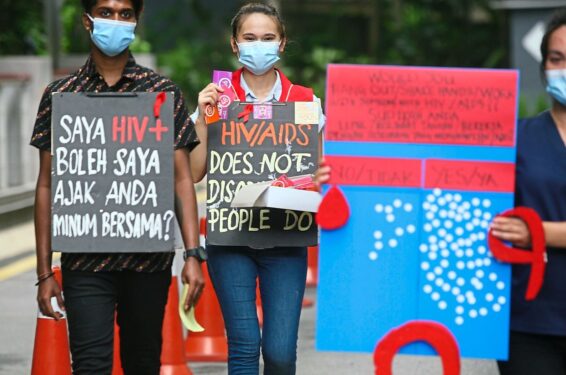
“So, instead of PBM’s recommendation to set up a task force to investigate the prevalence of HIV among gay men in higher learning institutions – which sounds extreme, alarmist and non-evidence and rights-based – the Health Ministry (MOH) must review and address the stigma against LGBTQ persons among medical practitioners in order to ensure quality service delivery.”
The MOH must also review its own strategies and other programmes that are counter-productive to Malaysia’s goal to get zero new HIV infections, zero discrimination and zero AIDS-related deaths by 2030, Thilaga added.
As such, it is critical for Health Minister Khairy Jamaluddin and the ministry to review Sinar Harian’s 1-hour-16-minute discussion and correct the “serious misinformation and stigma” by the panellists and host.
“It is also important for the Malaysian Communications and Multimedia Commission (MCMC) to fact-check the discussion and investigate the role of the media in spreading misinformation,” she said.
On the other hand, HIV/AIDS community support group PT Foundation (PTF) said it agrees that the prevalence of the spread of HIV among tertiary students is of concern and that more efforts are needed to be invested by the Government, particularly the MOHE.
“We also support the need for a task force to study the reason for the lack of awareness and lack of safer sex behavioural practices among young people,” PTF acting chief operating officer (COO) Raymond Tai told FocusM.
The task force, however, should be led by experts in sexual reproductive health and sexuality studies from the academic sector and behavioural research scientists, with strong collaboration from non-governmental organisations (NGOs) with a good track record of implementing reproductive health and HIV prevention programmes.
The task force should also be able to recommend policy reforms and programmes informed by international best practices and supported by relevant data, he said.
“Our experience working with young adults of all genders and sexual orientations is that there is a wide distrust of Government and religious agencies in being able to implement policies and programmes that are non-judgemental and inclusive,” he explained.
“Hence, any such studies will only be meaningful if it is led by experts and evidence-based.” – Sept 17, 2022
Main photo credit: Japan Times


